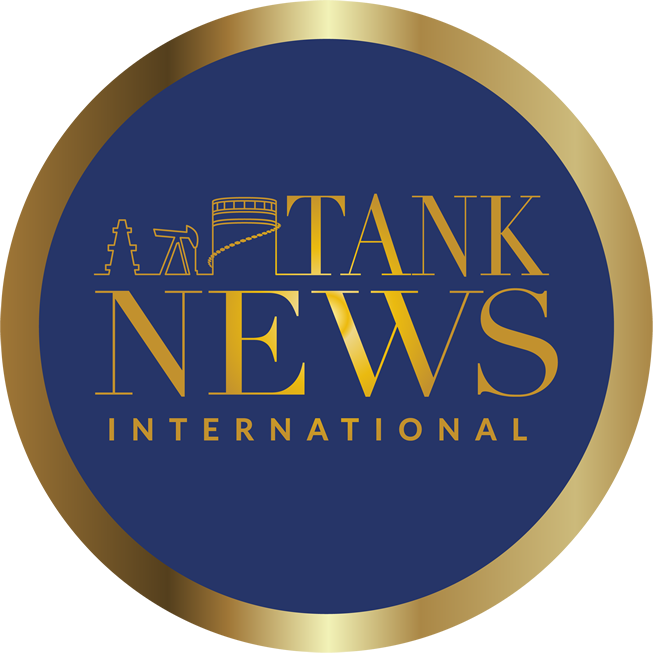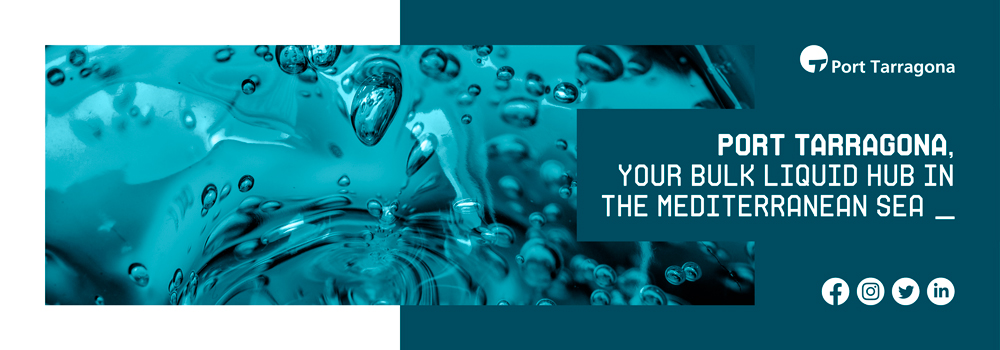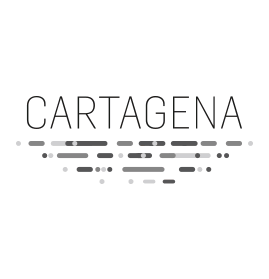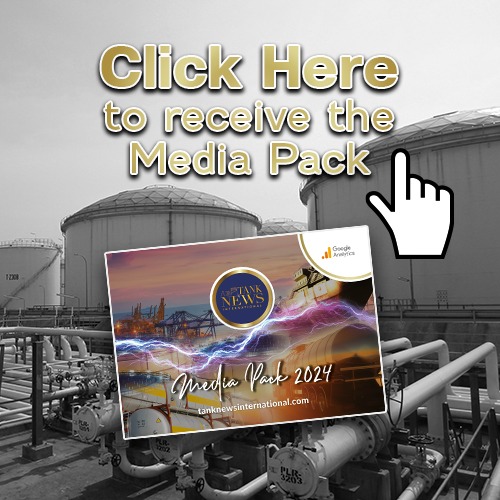HyAxiom and Doosan fuel cell are world’s first to pass solid oxide fuel cell components environmental testing for maritime application
In a significant milestone for the maritime industry, HyAxiom, Inc. and Doosan Fuel Cell Co., Ltd. jointly announced today that their Solid Oxide Fuel Cell cell stack has successfully passed a critical environmental test conducted by Det Norske Veritas, a renowned classification society and advisor for the maritime sector. This achievement marks the world’s first instance of an SOFC cell stack passing such rigorous testing, marking a significant advancement in the development of marine SOFC technology by HyAxiom and DFCC.
The environmental test, which subjects electrical equipment to extreme conditions mirroring actual operating environments on vessels, evaluates parameters such as temperature, humidity, vibration, inclination, and electromagnetic interference.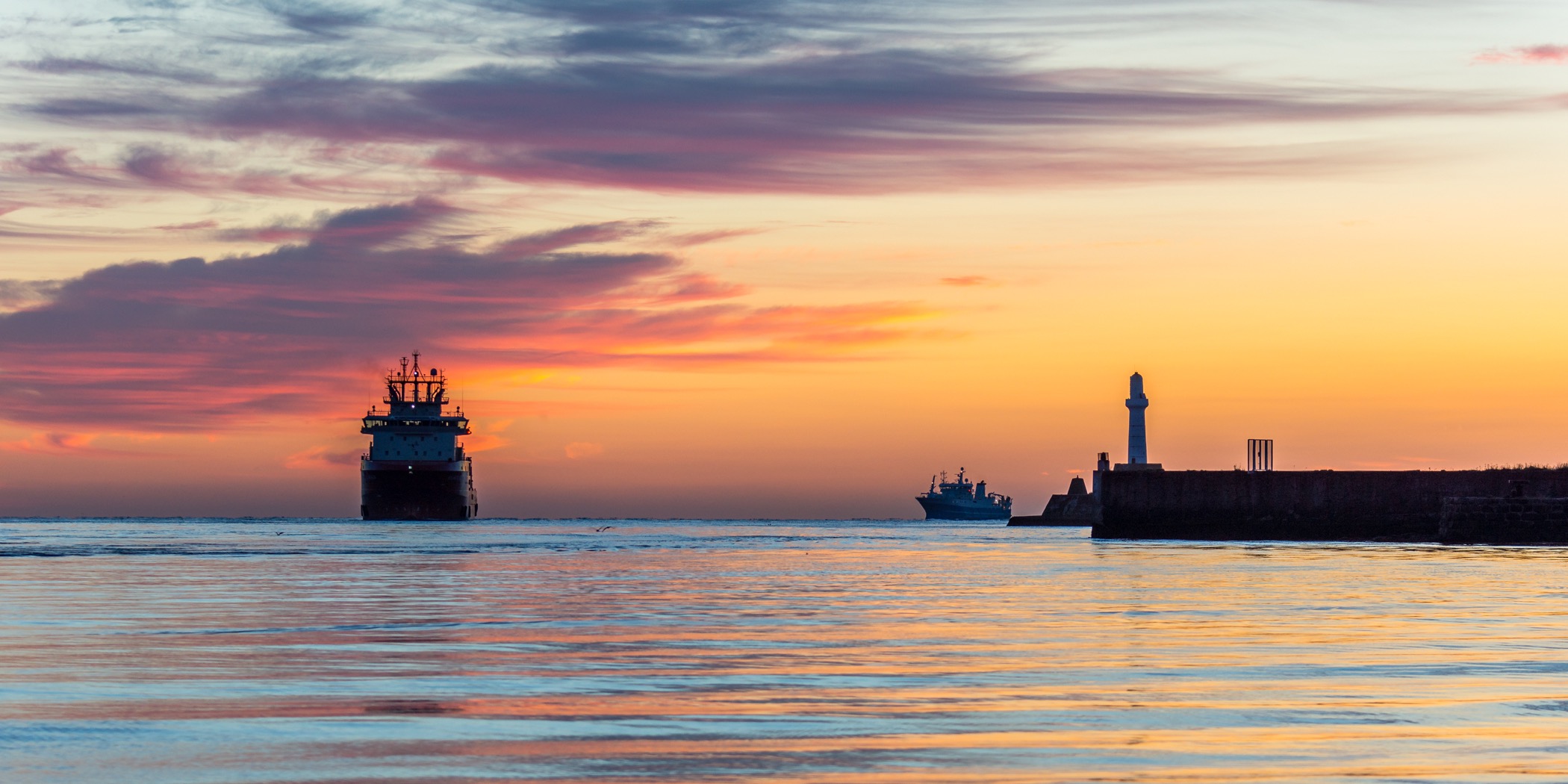 Jeff Hyung Rak Chung, president and CEO of HyAxiom, commented on the significance of this milestone, highlighting the inherent advantages of their SOFC technology. “Our SOFC, distinguished by its lower operating temperature compared to other solutions, offers superior longevity and efficiency over traditional internal combustion engines,” stated Chung. “The successful results of the environmental test validate the viability of our SOFC as a compelling solution for the maritime industry.”
Jeff Hyung Rak Chung, president and CEO of HyAxiom, commented on the significance of this milestone, highlighting the inherent advantages of their SOFC technology. “Our SOFC, distinguished by its lower operating temperature compared to other solutions, offers superior longevity and efficiency over traditional internal combustion engines,” stated Chung. “The successful results of the environmental test validate the viability of our SOFC as a compelling solution for the maritime industry.”
The next pivotal step for HyAxiom and DFCC is to attain overall SOFC certification and proceed with full-scale demonstrations of their technology.
In 2022, HyAxiom and DFCC entered into a consortium agreement with Shell PLC and HD Korea Shipbuilding & Marine Engineering, aiming to develop, manufacture, and install a 600-kilowatt SOFC Auxiliary Power Unit on a Shell-chartered LNG vessel. This vessel is slated to undergo comprehensive testing in 2025, demonstrating the technology’s potential to significantly reduce carbon emissions in maritime transport, a sector critical to global trade and economies but challenging to decarbonize.
The move towards decarbonisation in the maritime sector has gained momentum, with the International Maritime Organisation recently amending its greenhouse gas emissions goal. The revised goal targets achieving net-zero GHG emissions from international shipping by 2050, accompanied by a commitment to promote the uptake of alternative zero and near-zero GHG fuels by 2030. This strategic shift, coupled with economic incentives for carbon and fuel reduction, positions HyAxiom’s and DFCC’s SOFC technology as a highly coveted solution for maritime mobility.
HyAxiom and DFCC are advancing their solid oxide fuel cell technology through collaboration with Ceres, a leading developer of clean energy technology. This collaborative effort underscores their commitment to innovation and sustainability in the maritime industry.
For more information visit www.hyaxiom.com
26 March 2024


